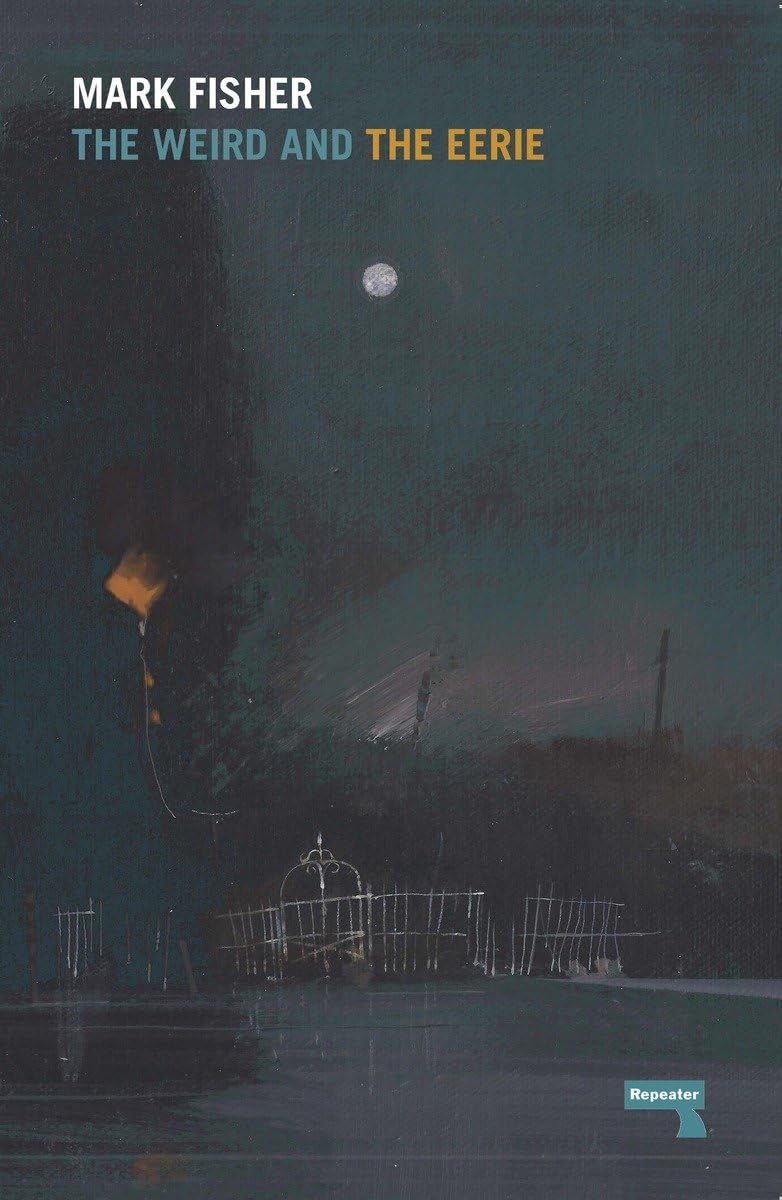Johnny reviewed A City on Mars by Kelly Weinersmith
A critical but sympathetic look at the space colony hype
4 stars
The Weinersmiths strike a pretty unusual but pleasant tone for a fairly critical nonfiction book. It covers a wide range of topics, interspersed with funny anecdotes and illustrations. What I like the most about it is that it doesn't shy away from discussing political and economic realities with a lot of pragmatism. Still, it's a light-hearted read over all and doesn't go super in-depth in any particular area.
My main criticism is probably that the authors were too charitable (imo) with some of the "space libertarians" out there, even though they poke fun at a lot of the ideas.
The Weinersmiths strike a pretty unusual but pleasant tone for a fairly critical nonfiction book. It covers a wide range of topics, interspersed with funny anecdotes and illustrations. What I like the most about it is that it doesn't shy away from discussing political and economic realities with a lot of pragmatism. Still, it's a light-hearted read over all and doesn't go super in-depth in any particular area.
My main criticism is probably that the authors were too charitable (imo) with some of the "space libertarians" out there, even though they poke fun at a lot of the ideas.










